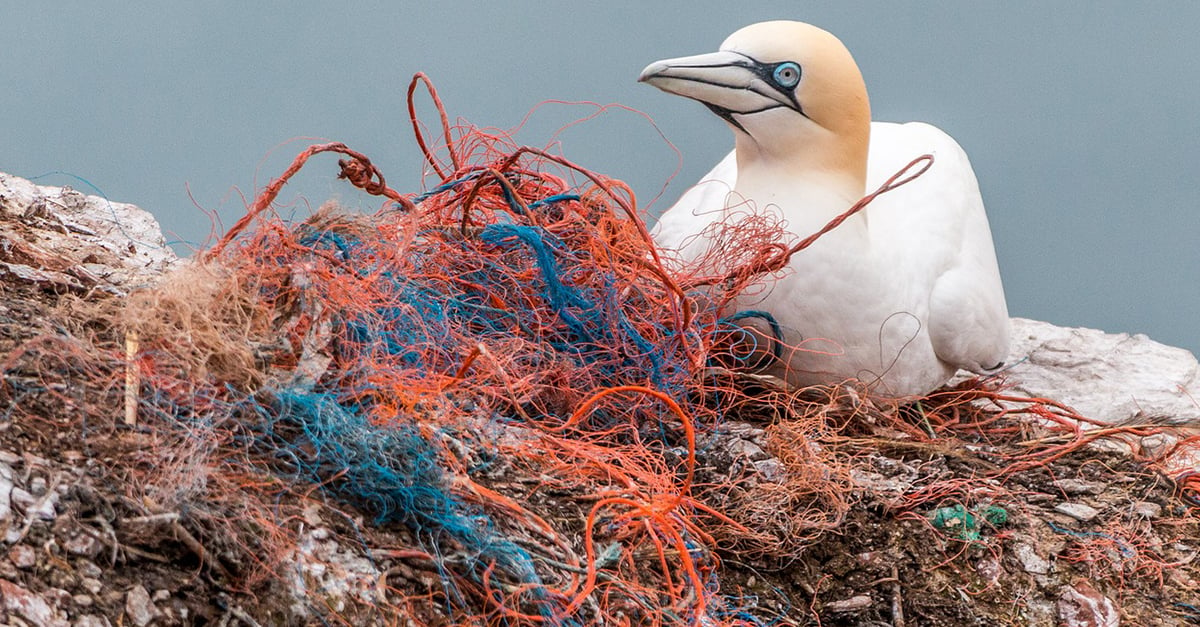What Lies Beneath: An Exploration of our Oceans with Newcastle University
16 January 2020 | By: Amy Cousins | 1 min read
The ocean covers 71% of the Earth’s surface. However, from climate change to non-sustainable resource extraction; land-based pollution to habitat degradation, there’s no shortage of threats for our scientists to contend with.
What’s more, it’s estimated that over 90% of our oceans remain unexplored. As such, it comes as no surprise that many of our scientists have made it their life’s work to both explore and protect our oceans.
Newcastle University scientist becomes the deepest diving Brit in history
In 2019, Chief Scientist and Senior Lecturer, Dr Alan Jamieson, plunged 7,180 metres into the Java Trench and became the first Brit in history ever to do so.
“It is not often [that] we see something so extraordinary that it leaves us speechless.”
Not only was this the deepest dive ever conducted by a Brit, but the team’s 8-hour dive also revealed four different new species of life. This included one significantly-sized, stalked Ascidian; a species previously unseen by any member of the science team.
Our scientists and engineers have been pioneering technology for the exploration of these ultra-deep environments for the last five years and have, to-date, completed more than 250 deployments of their novel ‘lander’ systems.
However, our development of underwater technology doesn’t stop there. In fact, we've carried out world-class research into underwater communications technology for over 25 years. It’s this communications technology that is being trialled as part of a new project to reduce marine litter.
Using communications technology to stop ghost fishing and protect marine wildlife
Lost fishing gear, otherwise known as ghost nets, prove a huge threat to our oceans. From choking coral reefs to entangling fish and marine mammals, ghost nets are both a threat to life and a key source of plastic pollution as they break up and disintegrate into microplastic.
Our NetTag project was set up to develop new technology that will aid the recovery of lost fishing gear by using miniature transponders.
As radio waves can’t penetrate water, communication and tracking underwater must be done via acoustic waves. Traditionally, underwater acoustic transponders have been large, expensive and responsible for consuming significant amounts of power.
However, our research has focused on miniature devices that can be manufactured for as little as £50.
Newcastle University Lead and Senior Lecturer in the School of Engineering, Jeff Neasham, explains:
“By attaching miniature, low-cost, sub-sea acoustic transponders to fishing nets or other gear, the aim to be able to precisely locate lost gear from a search vessel and to investigate how underwater robots may be used to aid recovery where necessary.”